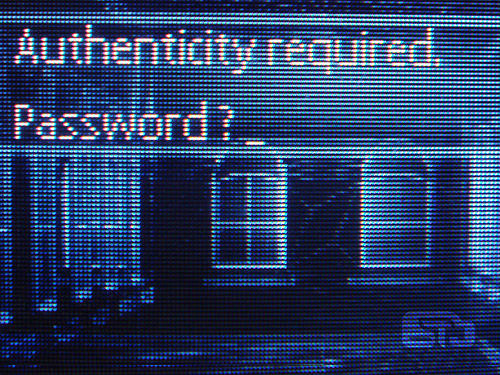Victims of the Internet
How to protect your online privacy before it’s too late
By Rick Emrith, staff writer
People take precautions everyday to protect themselves from risk. Most people lock their doors when they leave the house, or remove the key from the car ignition and lock it when they have to run into a store, even if only for a brief minute. Why? To prevent theft or damage.
We take these precautions without even thinking twice; they have become engrained into our daily routines and habits. But what about online? It seems that many Canadians leave that to chance, taking little to no defensive measures to protect themselves.
When you are out in public and are searching for Wi-Fi, the majority of people simply connect to the one with the strongest signal, not concerned about how secure the network is or who can see all the information that is being accessed. It only takes a small slip, such as a quick online banking transaction, and in a matter of minutes a stranger could have your private information.

Courtesy of Dev.Arka
By not protecting their data, many Canadians leave themselves vulnerable to becoming victims of cybercrimes. Whatever the reason, whether out of ignorance or naivety, it is time to take a closer look at what could be making you vulnerable. Here are a few helpful suggestions to better protect yourself online:
Create Better Passwords:
Passwords act as an online lock and key that allows you access to your account and accompanying information while keeping others out. Your password should not contain your name and the longer it is, the better. Mixing numbers with letters increases the difficulty and time it takes to crack a password. You should never share passwords with anyone you are not required to, and use programs like PassPack to generate secure and guarded passwords that help decrease your risk.
Scan Emails Carefully:
When you sign up for a service or other type of online subscription, you will notice in one of the first emails, or in its user guidelines policies, that they state that they will never contact you and ask for personal information.
Many scams have originated from emails that look almost identical to commonly used services or websites, such as your bank, YouTube, and PayPal. These try to trick users into revealing personal and oftentimes financial information about themselves.
Use Secure Networks:
With the evolution and growth in users of smartphones, more and more people are browsing the Internet, accessing emails, and conducting online banking through their smartphones. This has led to an increasing amount of private information revealed and tracked on unsecure networks.
[pullquote]This has led to an increasing amount of private information revealed and tracked on unsecure networks.[/pullquote]
Be smart with what network you connect to, whether it is your local school’s network or a reputable business or organization that allows access to their secure, password-protected network. These days, many businesses do provide this service, all you have to do is ask.
The best way to minimize your risk is by using common sense. Fully log out of all of your accounts when you are away from your computer, never share passwords, and do not open emails from people you don’t know.
As the electronically connected world continues to grow, more and more services will be conducted online. It becomes all the more vital, then, that everyone takes a few precautionary measures to protect themselves. It only takes a moment to become a victim of the Internet.
I love seeing how people enjoy and use technology and that passion has brought me to Arbitrage Magazine as a Tech Writer.































Share the post "Victims of the Internet"